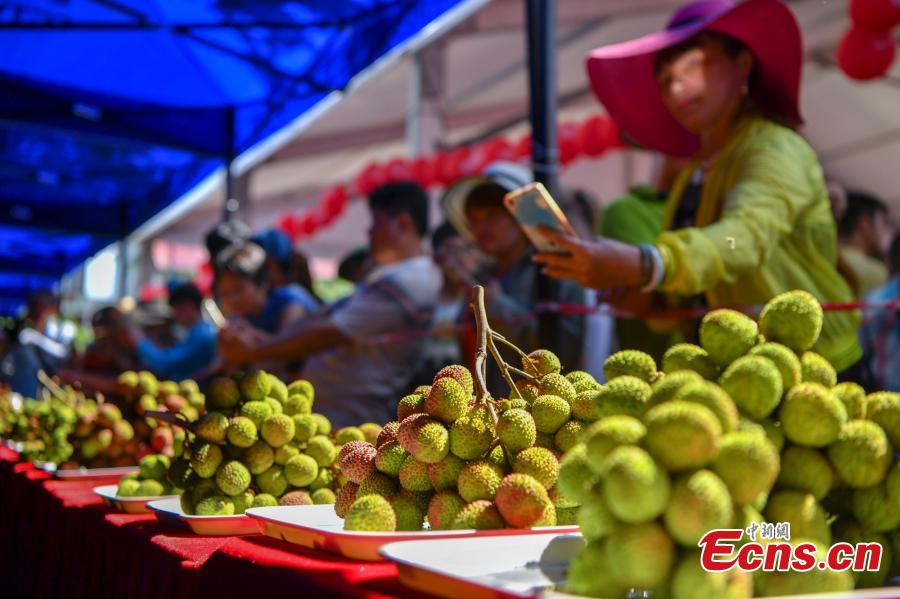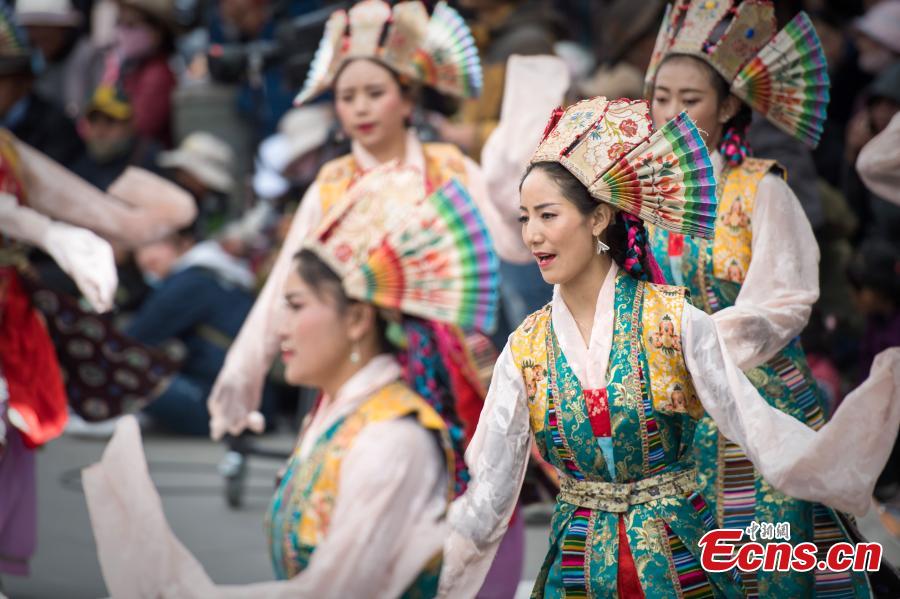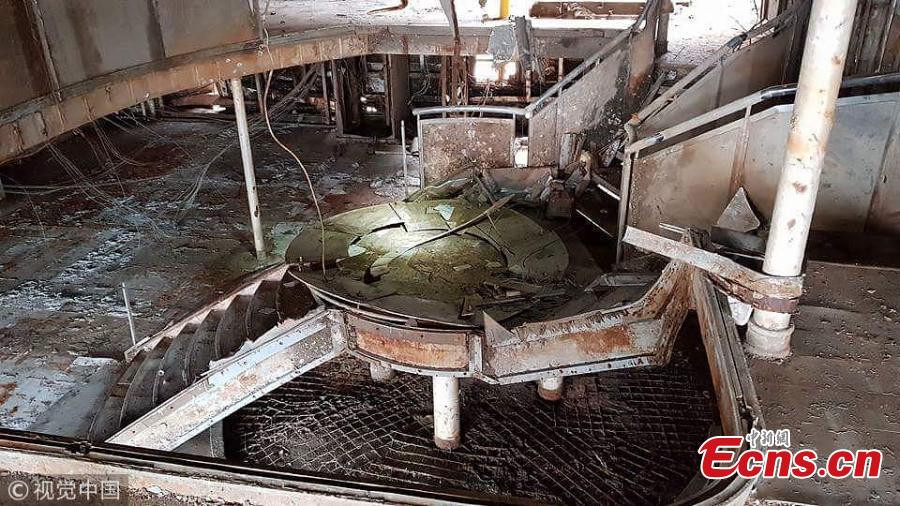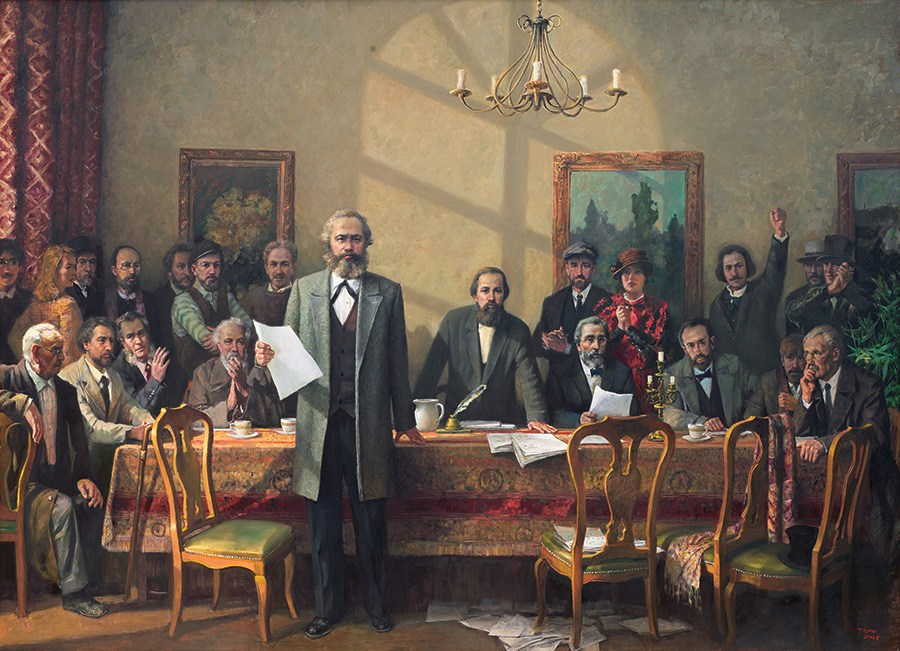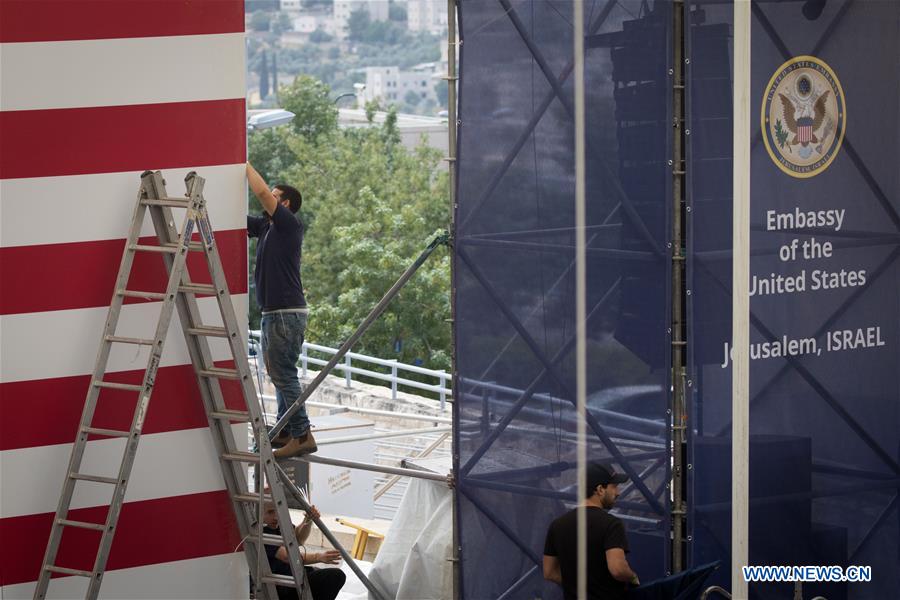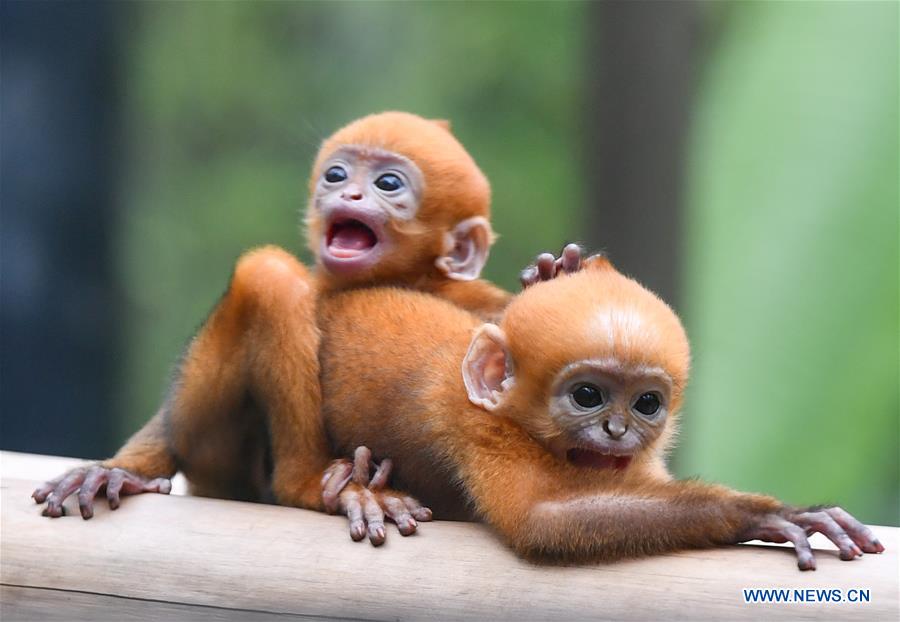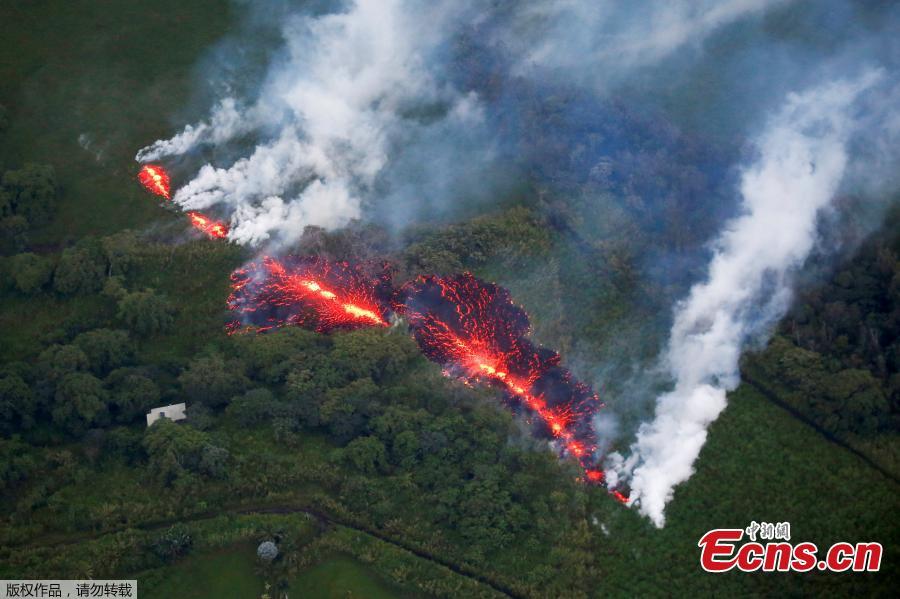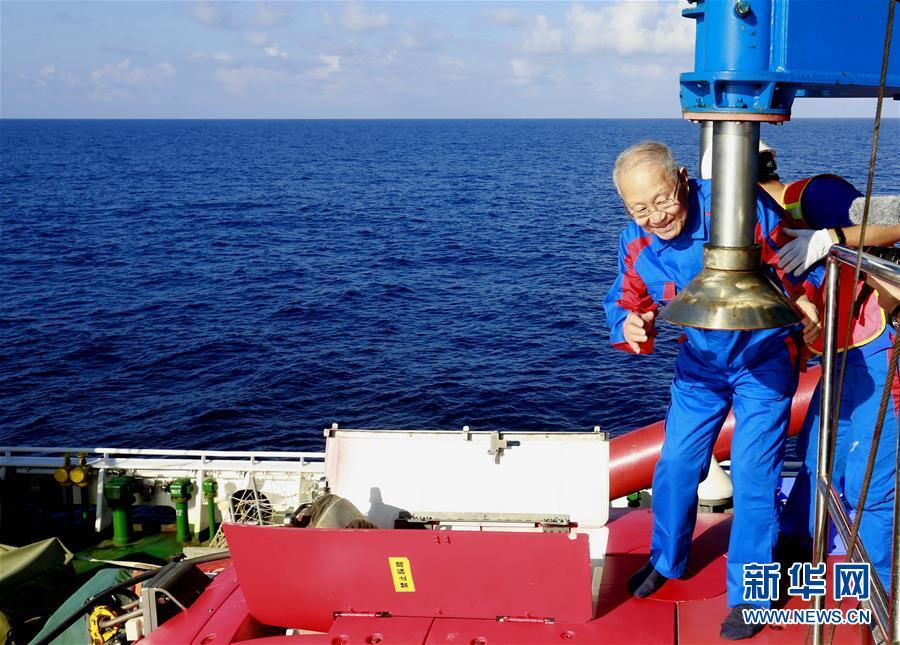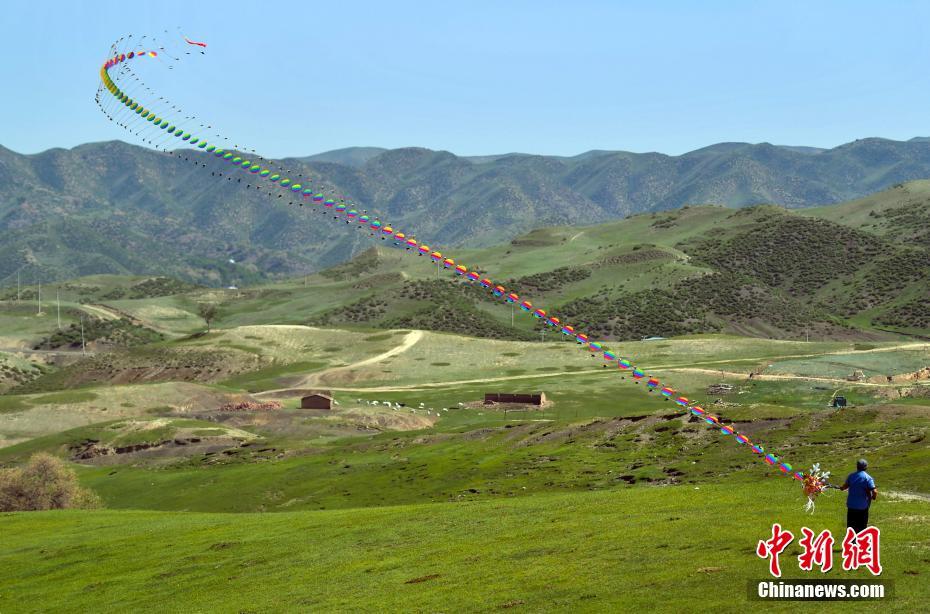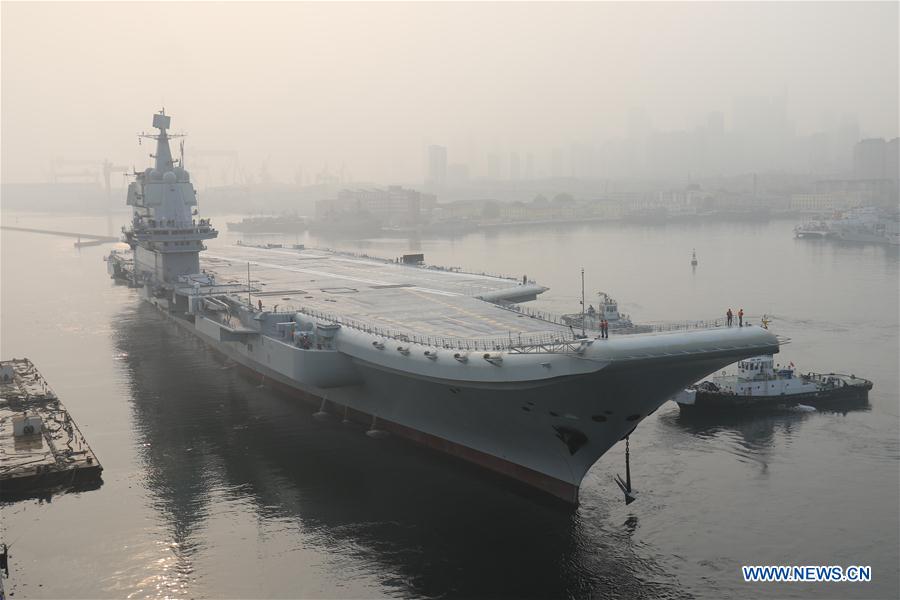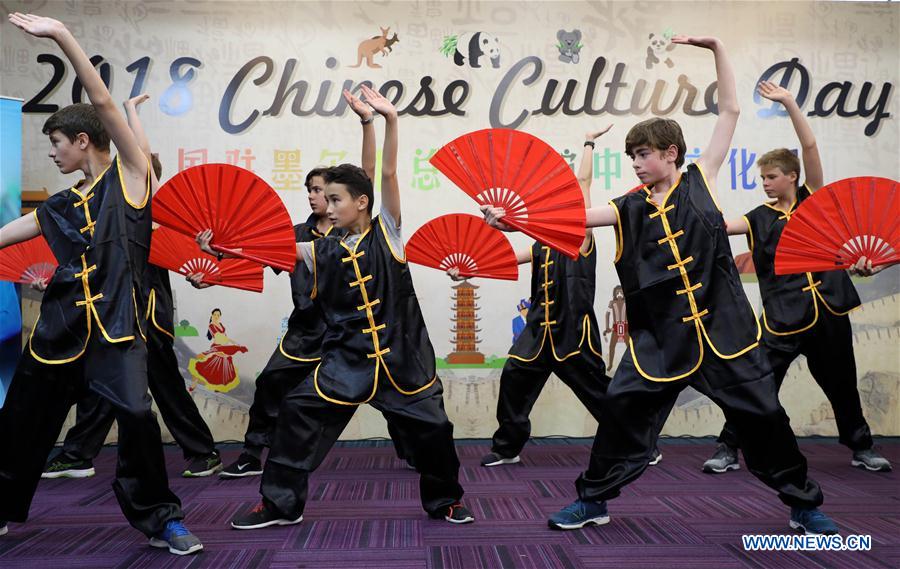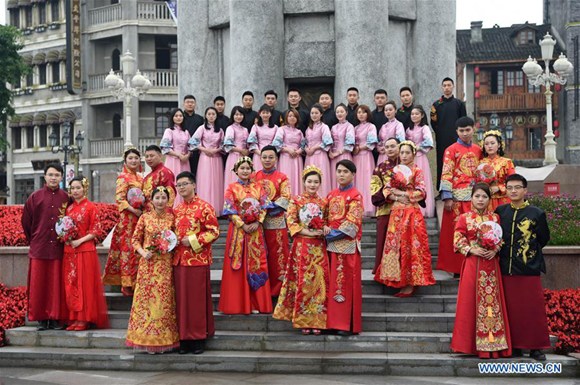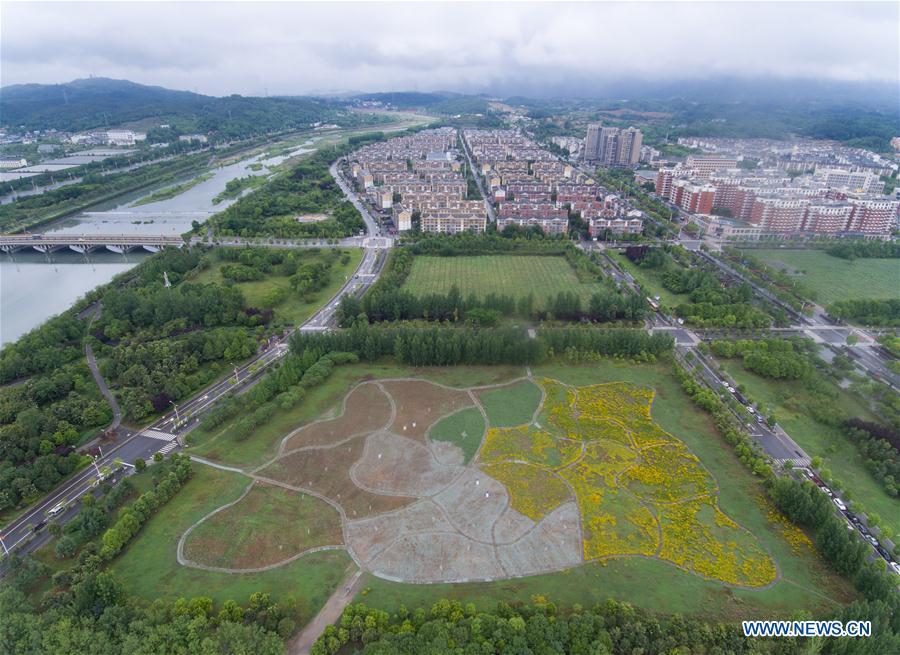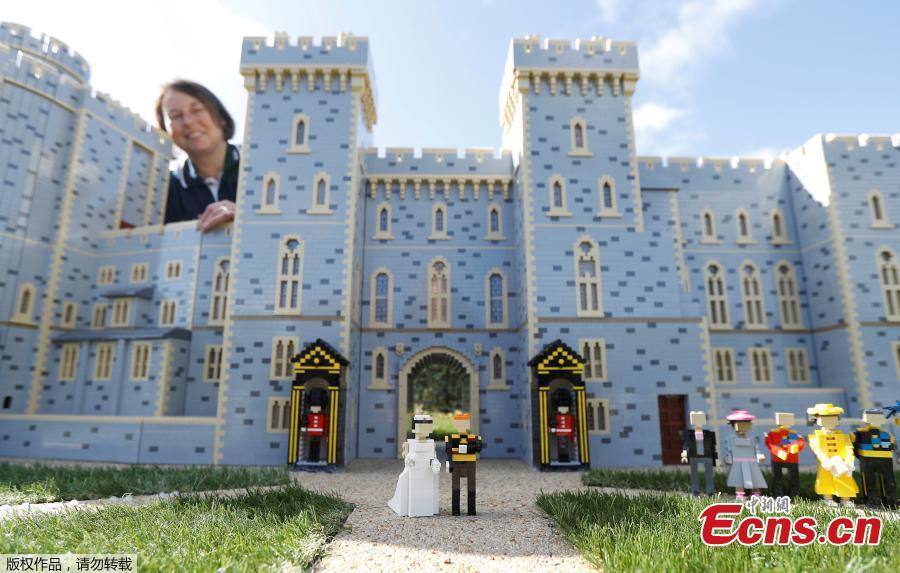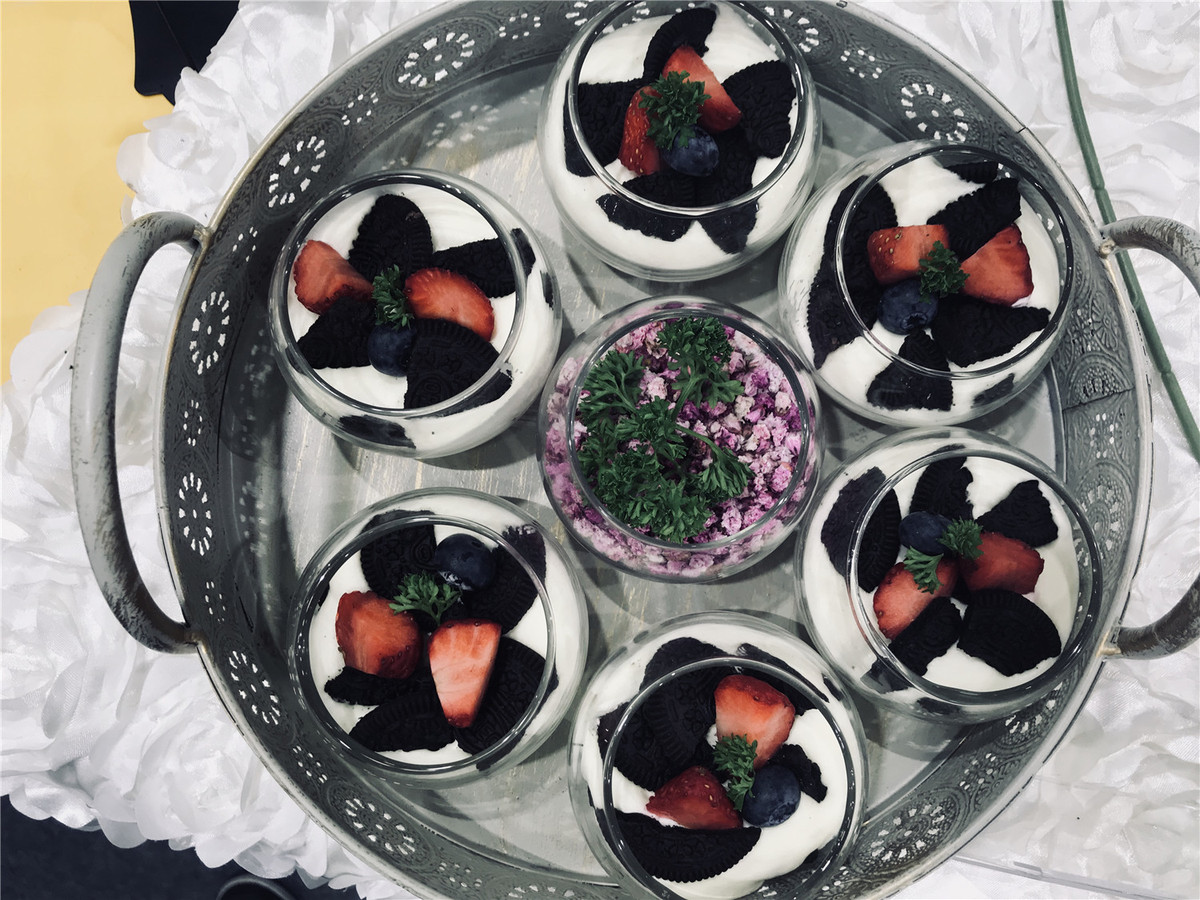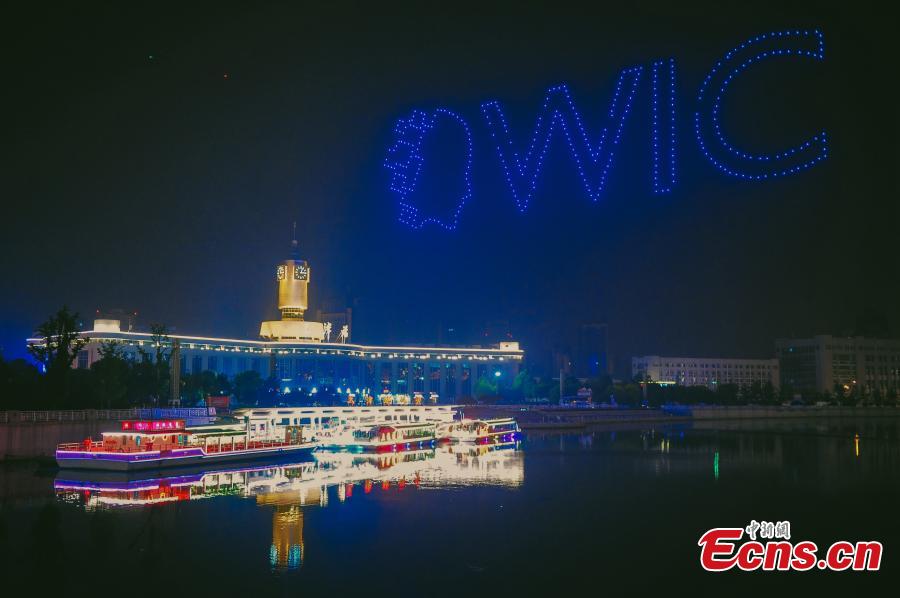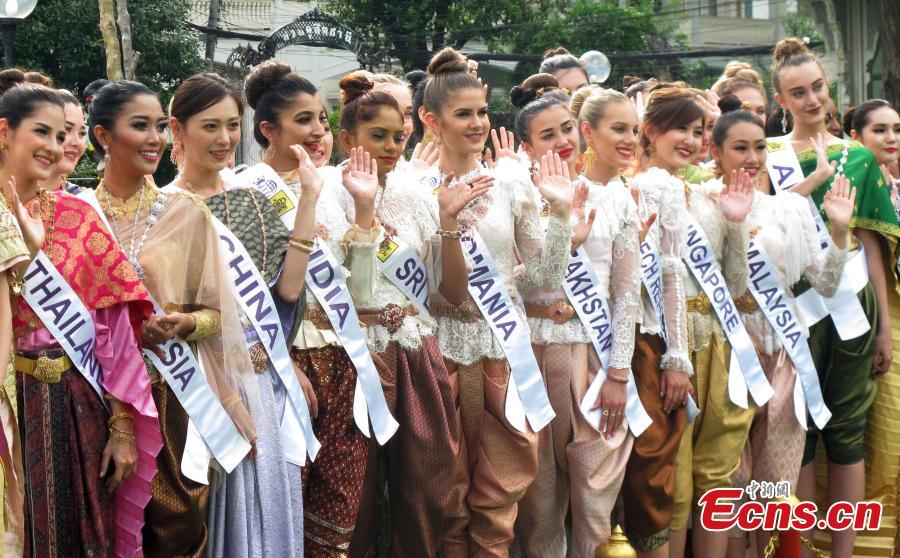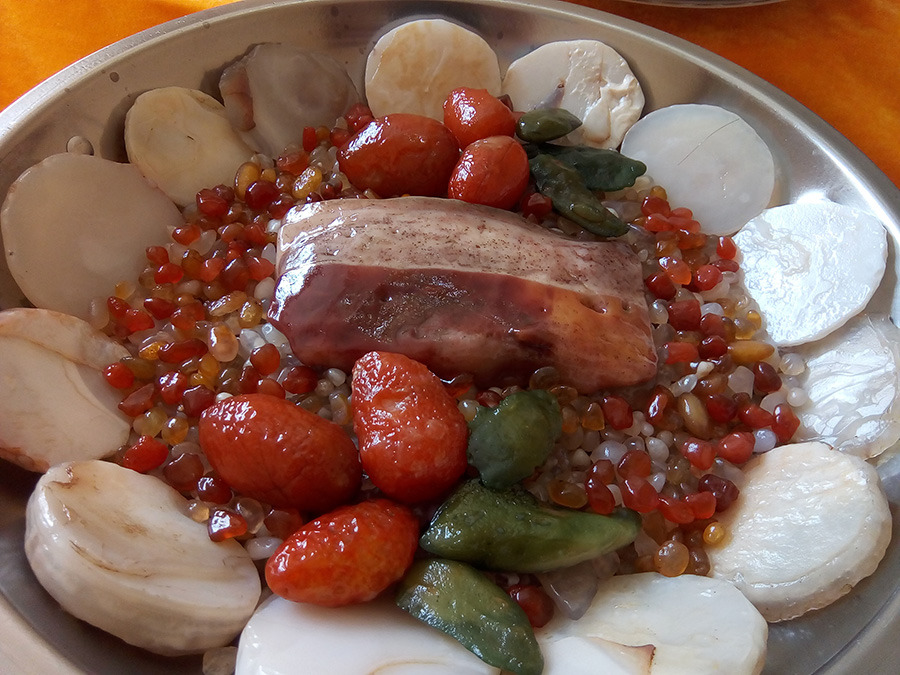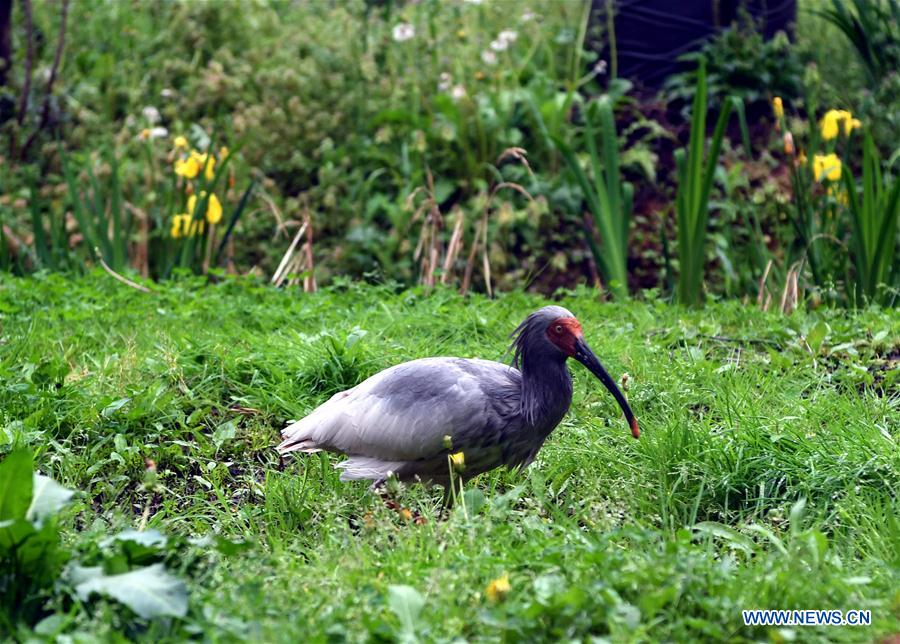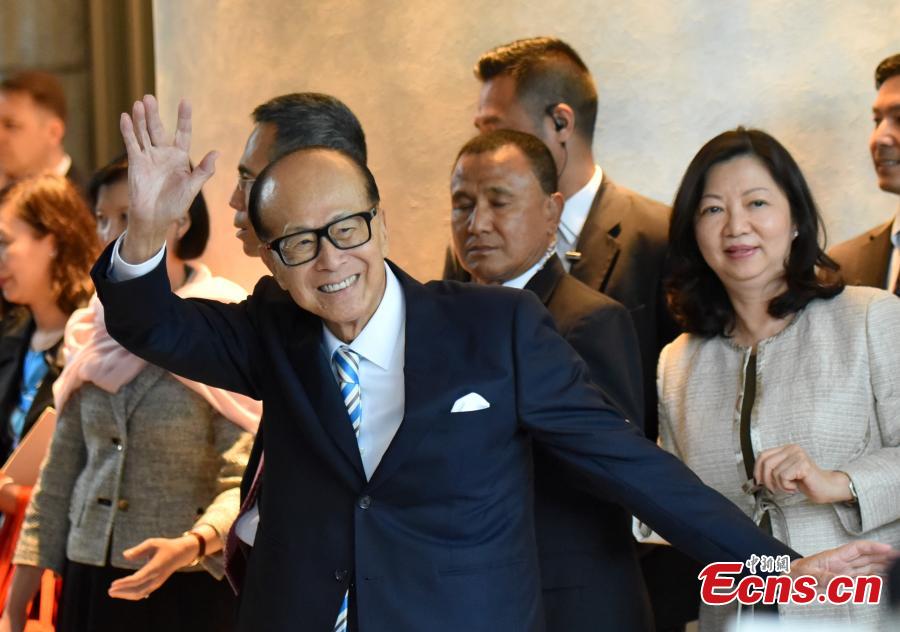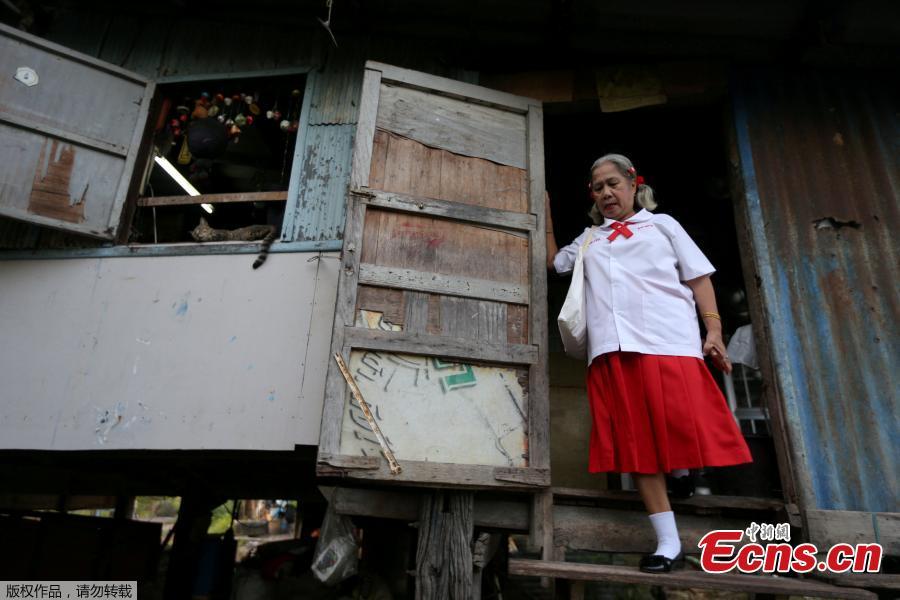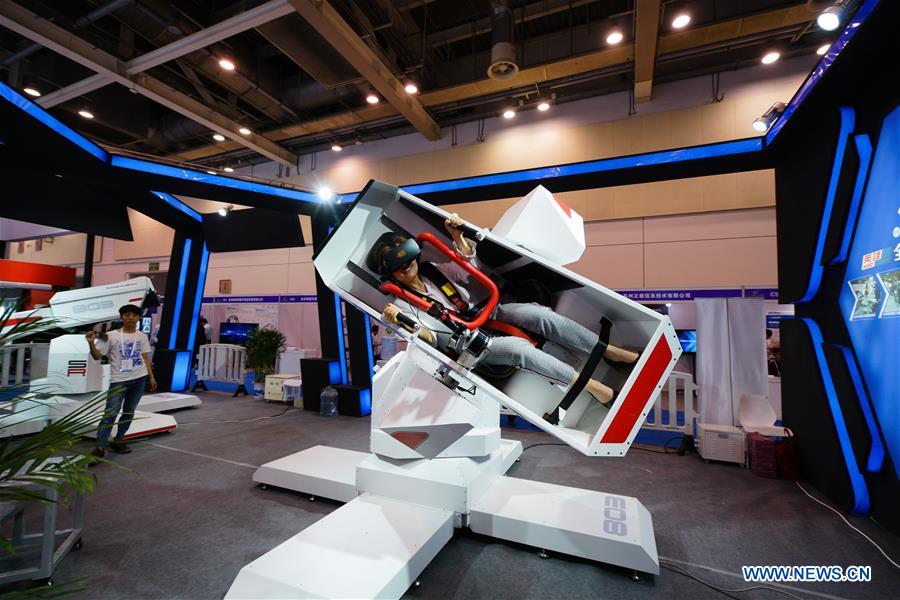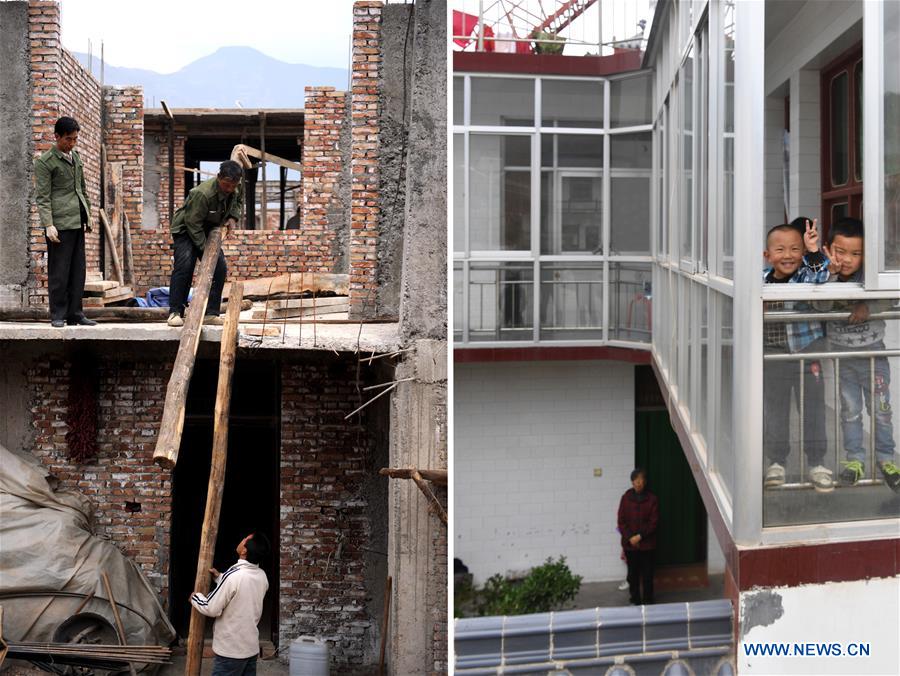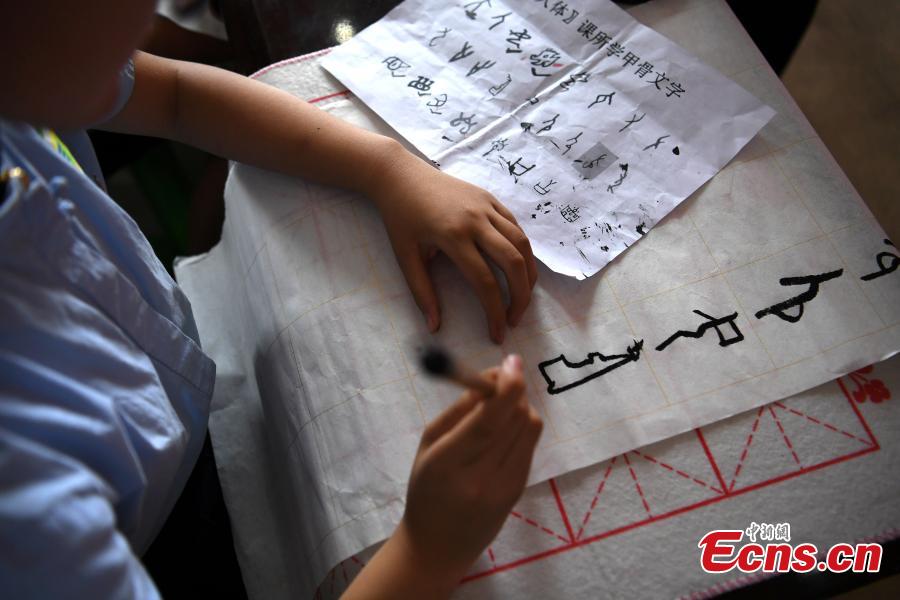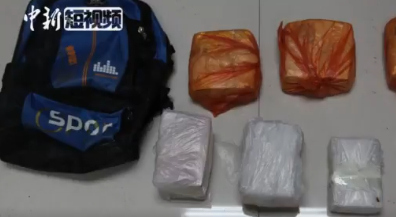China's retail and catering industries saw a surge in sales during the just-finished eight-day national holiday, driven by demand for jewelry, clothes, home appliances and banquets, new data has revealed.
The combined sales of major retail and catering enterprises in the country rose 15 percent to 800.6 billion yuan (126.3 billion U.S. dollars) during the Sept. 30-Oct. 7 holiday compared with last year's equivalent period, according to statistics released on Monday by the Ministry of Commerce (MOC).
The growth was slightly slower than the 17.5 percent year-on-year increase recorded in the corresponding period of last year and 18.7 percent of the year before, the MOC figures showed.
The sales were strong considering China's economic slowdown, and were driven by short-term government stimulus measures such as a policy to exempt expressway tolls for certain types of cars in the holiday, said Wang Jinbin, a professor of economics at Renmin University.
Income growth, which outpaced national economic growth in the first half of the year, also contributed to the spending spree, according to the professor.
However, the impact of the downturn was still evident as this year's holiday is one day longer than those of previous years.
"The overall economic situation this year is not as good as before. That's the main reason behind weaker consumption compared with the previous two years," Wang said.
China's economy grew 7.6 percent in the second quarter, the lowest rate of increase in more than three years, as exports and real estate investment sagged.
During 2012's holiday, buyers mainly targeted gold and silver jewelry, clothes, digital products and home appliances, while wedding and family banquets boosted catering sales, the MOC said in a statement.
The prices of daily necessities in 36 major cities were stable during the holiday due to abundant supply, it added.
China's week-long National Day Holiday is dubbed "Golden Week" for domestic consumption. This year's holiday bridged the Mid-Autumn Festival and the National Day Holiday and lasted longer than usual.
Amid the festivities, the country's total tourist revenues soared 44.4 percent, or 26.3 percent after adjusting for inflation, to 210.5 billion yuan compared with the corresponding holiday period of last year, according to data jointly compiled by the National Tourism Administration and the National Bureau of Statistics.
From Sept. 27 to Oct. 7, China's railways carried a record high of 80.33 million passengers, up 13.4 percent year-on-year, the Ministry of Railways said on Monday.









